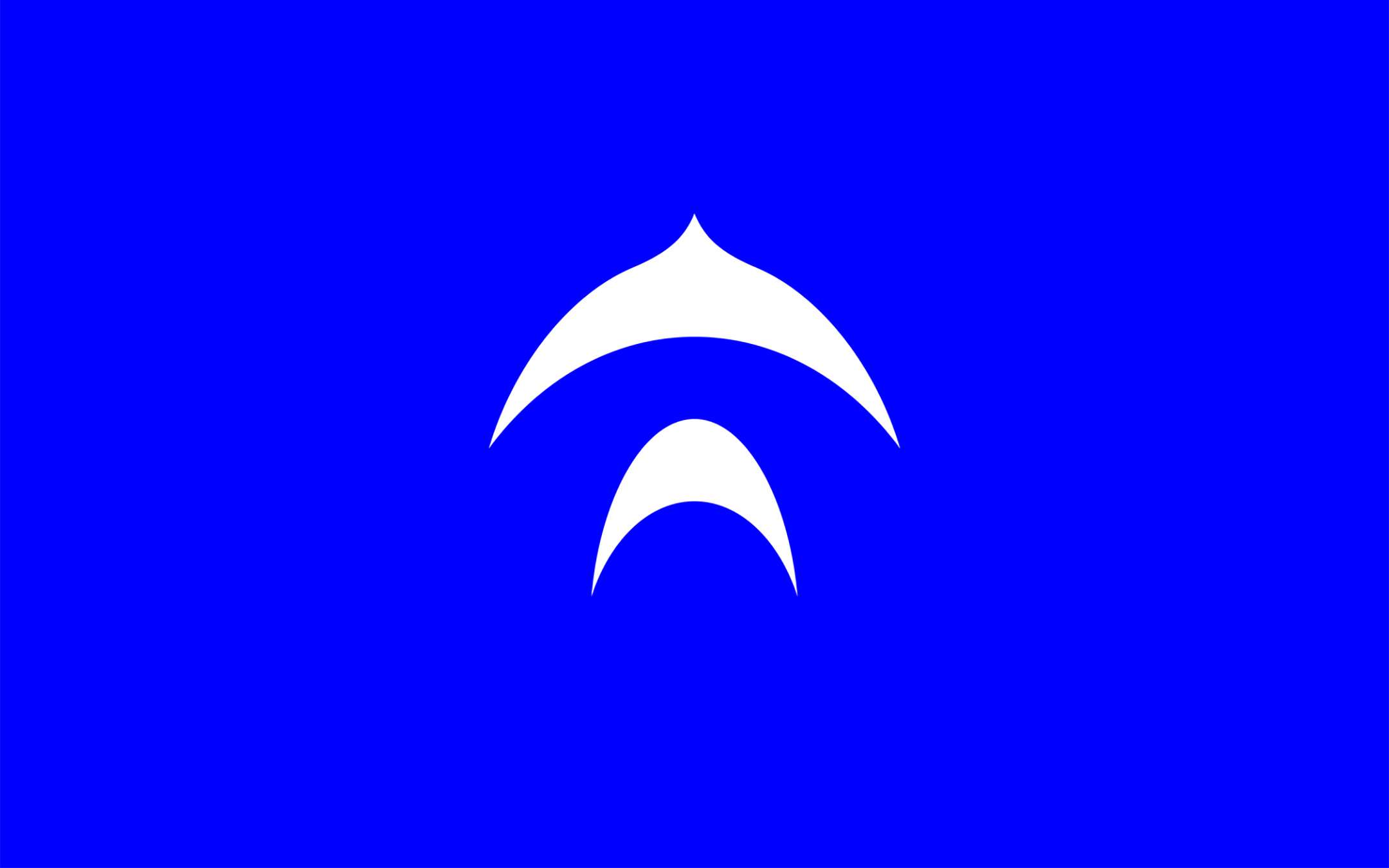Qualcomm buys NUVIA, founded by former Apple

NUVIA is the new acquisition of Qualcomm
This is the first announcement of this type following the appointment of Cristiano Amon as the new CEO of the group: the changeover with Steven Mollenkopf will formally take place at the end of June. By focusing in particular on the laptop segment, it is therefore reasonable to expect the arrival of new CPUs and SoCs such as those seen so far on the Surface Pro X, based on cores with ARM architecture (as done by Apple with the M1 unit of the new Macs), but with custom design in order to reduce license costs and differentiate its offer from that of competitors.Very excited about @nuvia_inc joining @Qualcomm. They’re a world-class CPU and high-performance SoC design team & together we’ll redefine computing and drive innovation for the 5G era! Can’t wait to welcome you to #TeamQualcomm! pic.twitter.com/ELWLskw1Dc
- Cristiano R. Amon (@cristianoamon) January 13, 2021
Among those who enthusiastically commented on the news is also Microsoft's Panos Panay, who has been leading the Windows and Devices team for about a year.
It is exciting to see NUVIA join the Qualcomm team. Our partnership with Qualcomm has allowed us to deliver great experiences in our products. Looking ahead, we have incredible opportunities to offer our customers through the Windows ecosystem.
The Redmond group is not alone: also partners of the caliber of Google, Samsung, Acer, ASUS, Bosch, Continental, General Motors, HMD, Honor, HP, Lenovo, LG, OnePlus, OPPO, Panasonic, Renault, Sharp, Sony, Vivo and Xiaomi have expressed satisfaction with the agreement reached. The economic investment put on the table to successfully complete the acquisition amounts to approximately 1.4 billion dollars.
Source: Qualcomm